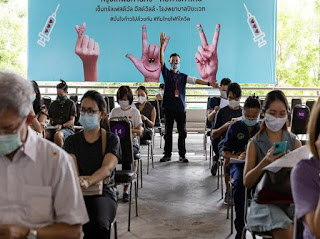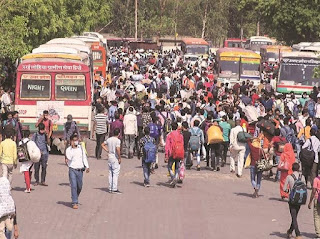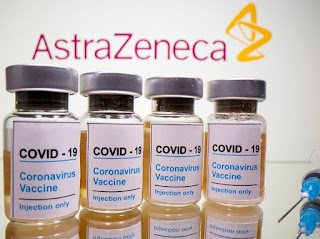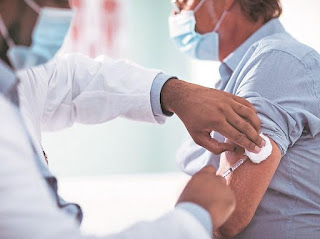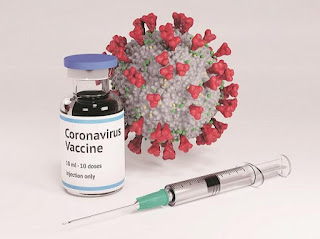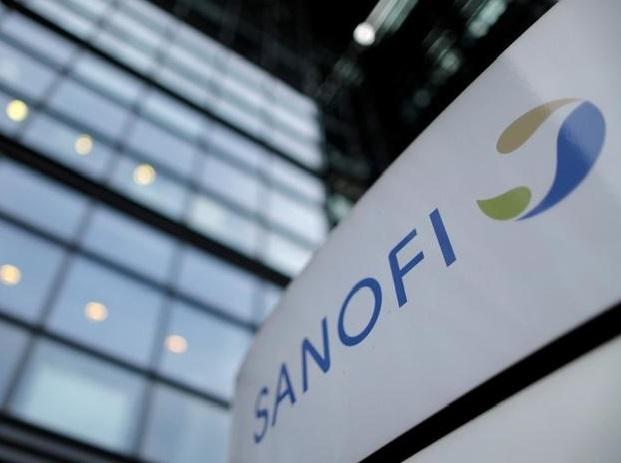Oxford study says mixing Covid-19 vaccines gives robust protection
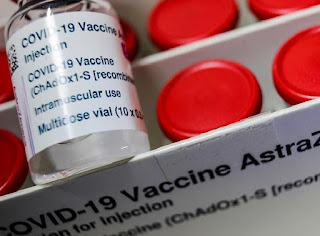
Amid the global shortage of the Covid-19 vaccines , a study conducted by Oxford University has found out that alternating doses of the AstraZeneca and Pfizer-BioNTech vaccines generate robust immune responses against the coronavirus. According to the study, 'mixed' schedules of these vaccines induced high concentrations of antibodies against the SARS-CoV2 spike IgG protein when doses were administered four weeks apart. This study, published on the Lancet pre-print server, means all possible vaccination schedules involving the Oxford-AstraZeneca and Pfizer-BioNTech vaccines could potentially be used against Covid-19. "The Com-COV study has evaluated 'mix and match' combinations of the Oxford and Pfizer vaccines to see to what extent these vaccines can be used interchangeably, potentially allowing flexibility in the UK and global vaccine roll-out," said Professor Matthew Snape, Associate Professor in Paediatrics and Vaccinology at the University of Oxf...
